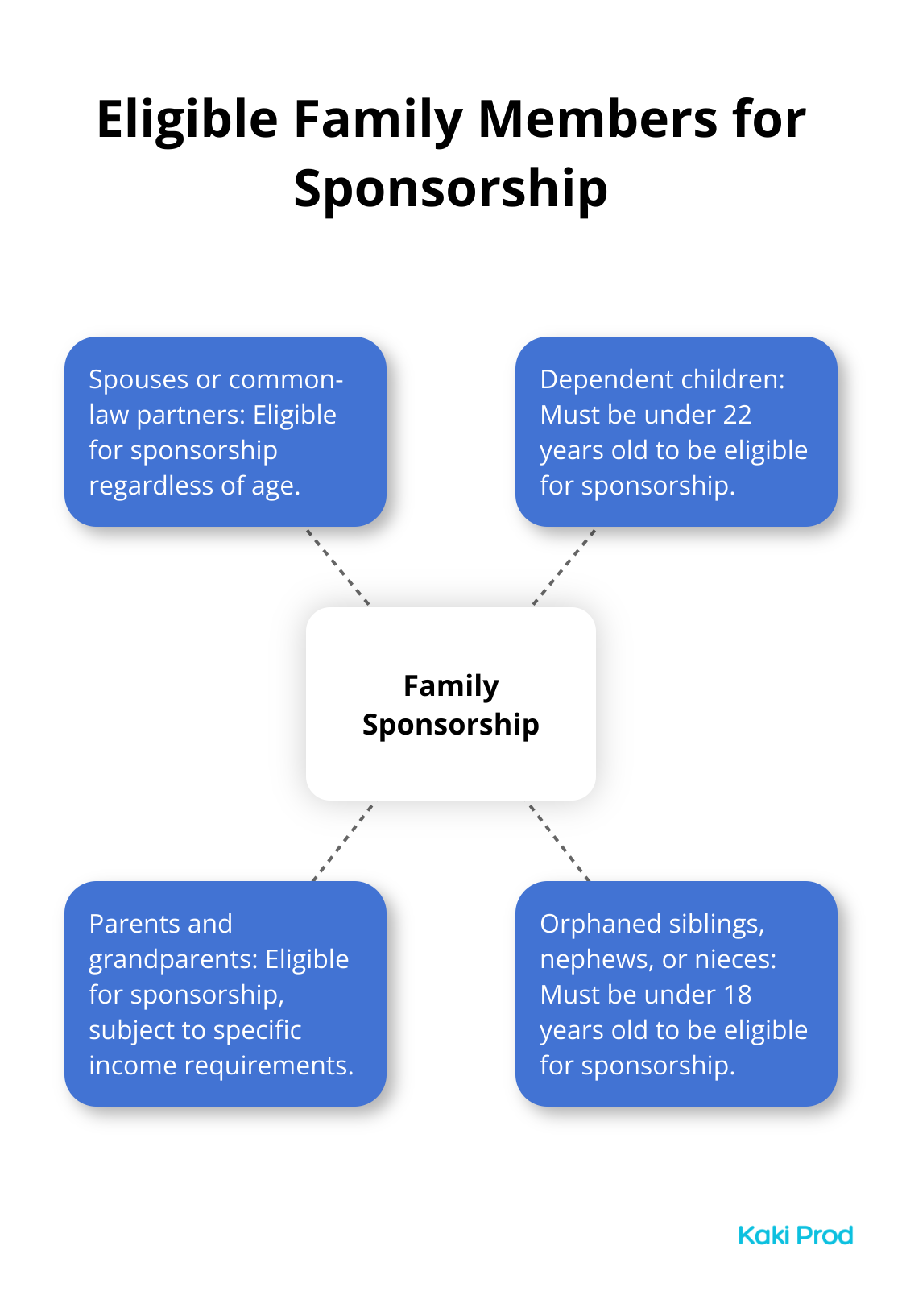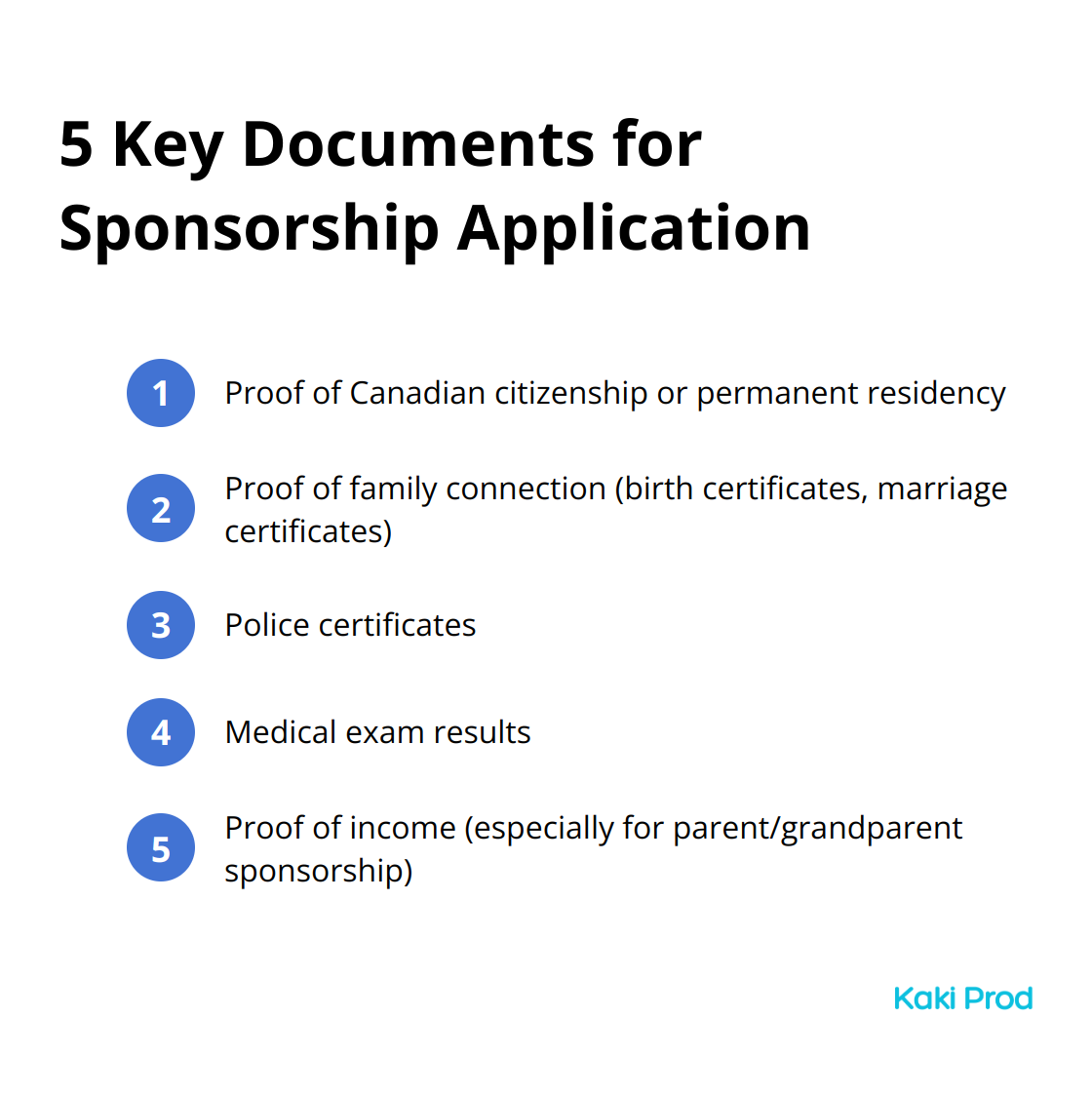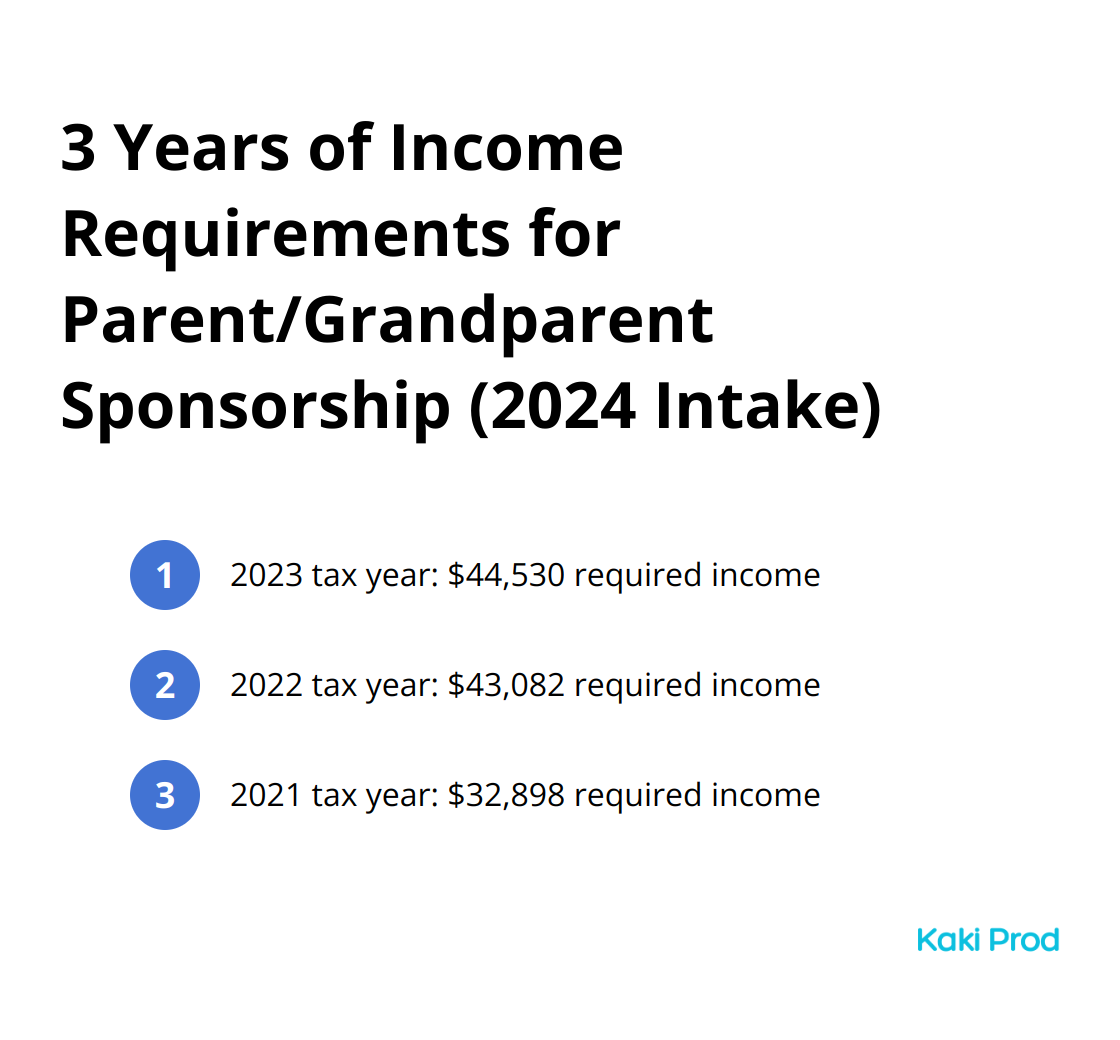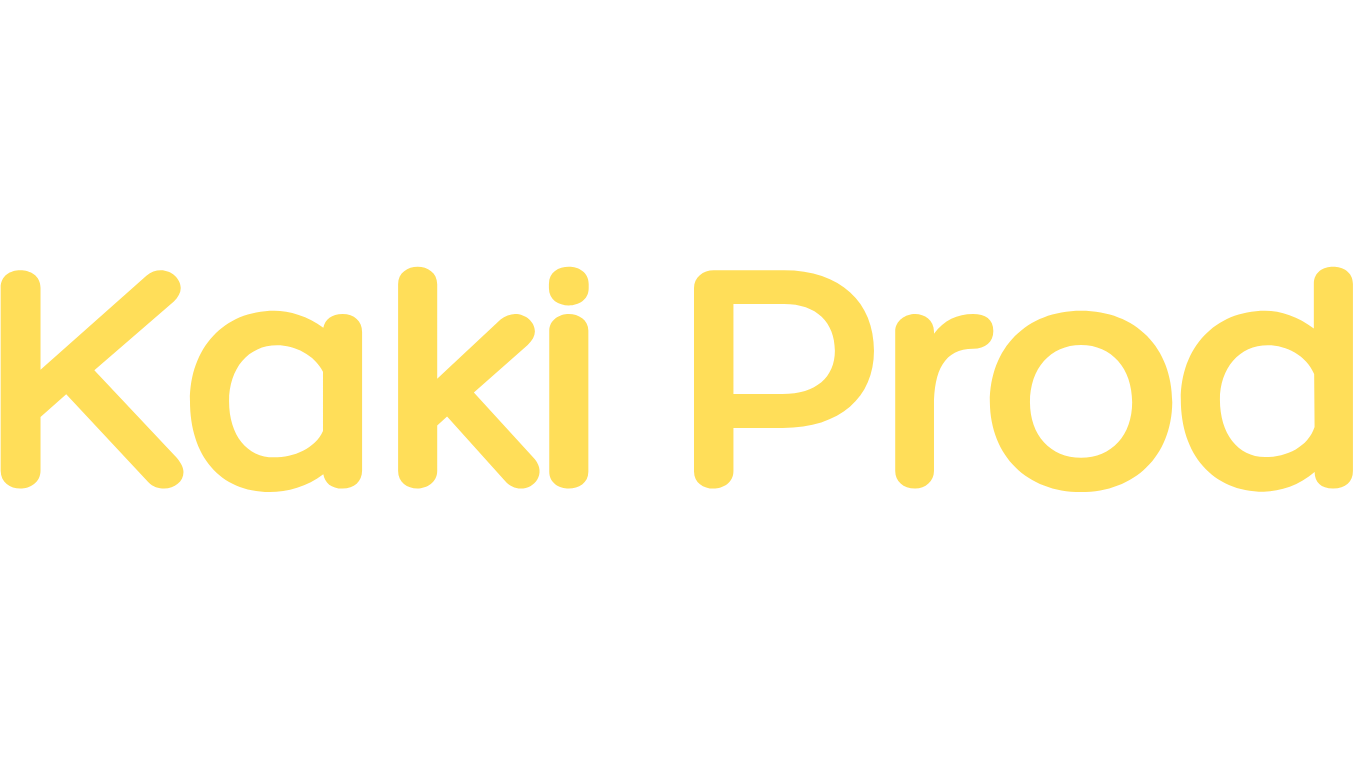Bringing a family member to Canada—wow, talk about a potential game-changer. But be warned, folks, this journey can be as complicated as assembling Ikea furniture… without instructions.
Over at Kaki Prod, we get it. The headache-inducing maze of paperwork and red tape when trying to sponsor a family member to Canada can be downright daunting. So, here’s the deal: this guide is your roadmap to the essentials—steps, requirements, the obstacles you’ll likely trip over. Ready to dive in? Let’s go!
What’s Family Sponsorship in Canada?
The Essence of Family Sponsorship
Alright folks, let’s talk about Family sponsorship in Canada. It’s kind of a big deal-giving Canadians a shot to bring their crew over to the Great White North. The idea? Bring families together, make communities tighter, and sprinkle a little extra pizzazz into the Canadian tapestry.
Eligible Family Members
Who gets the golden ticket to Canada under this scheme? It’s not just the folks you see at Sunday dinners:
- Spouses or common-law partners
- Dependent kids (yup, only the under 22 squad)
- Parents and grandparents (because family BBQs need ’em)
- Orphaned siblings, nephews, or nieces (under 18, no exceptions)
The curveball? Don’t bank on dragging aunts, uncles, cousins, or the adult siblings along. They’re mostly benched.

Sponsor Eligibility Requirements
Thinking of becoming a sponsor? Listen up-you gotta tick off these boxes. It’s like a rite of passage:
- Be at least 18 (no surprise parties here)
- Be a Canadian citizen, chilling permanently in Canada, or officially recognized in Canada as an Indian under the Canadian Indian Act
- Live in Canada (unless you’re one of those Canadian citizens sponsoring a spouse or the tiny humans)
- Show Uncle Sam the money-minimum income requirements are a must (unless it’s your spouse or them kiddos)
Financial Commitment
Heads up, it’s not just about family ties, it’s also about the moolah. When you sponsor someone, you’re essentially signing a blank check for a hot minute:
- Spouses and partners: 3 years (long enough to know if they hog the remote)
- Dependent children: 10 years or until they hit 25 (whichever happens first)
The Legally Binding Agreement
Sponsorship isn’t just a friendly handshake-it’s a legally binding agreement with the Big Guns (a.k.a the Canadian government). You agree to cover the basics for your family member-a sort of I’ll-always-have-your-back deal-like:
- Food
- Clothes
- Roof over their head
- Healthcare that’s a bit more bespoke than what public services cover
And if those social assistance checks start rolling in thanks to your sponsored family? You’re on the hook to pay back every loonie and toonie.
Family sponsorship isn’t a walk in the park-it’s a marathon with lots of hurdles. Thinking it’s just paperwork? Think again. It’s a big financial and emotional leap-a deep plunge into the commitment pool. Stay tuned as we break down the play-by-play of how to sponsor like a pro, and take this journey from “OMG where do I start” to “Mission accomplished.”
Steps to Sponsor a Family Member
Eligibility Check: Your First Hurdle
Alright, first things first – before you dive into this labyrinth of family sponsorship, you gotta tick off the eligibility boxes for both you and your kin. Immigration, Refugees and Citizenship Canada (IRCC) is keeping its eyes peeled for sponsors who are at least 18 years old, rocking either Canadian citizenship or permanent residency, and, yup, have the wallet to back it all up financially.
Now, if you’re thinking about parents or grandparents, buckle up – income requirements jump into overdrive. Picture this: you gotta cough up proof of meeting the minimum necessary income level for the three tax years leading up to your app. If you’re aiming for 2024, it’s like financial Tetris with figures like $44,530, $43,082, and $32,898 for sharing the load with one parent or grandparent. Double the love (read: two parents or grandparents), double the numbers – $54,743, $52,965, and $40,444. You know the drill.
Document Gathering: The Paper Chase
Okay, eligibility confirmed? Cool. Time to sift through your filing cabinet like it’s a treasure hunt – aka gather those documents! This stage isn’t gonna be a sprint, so best start early. Here’s the shopping list:
- Proof of your Canadian citizenship or permanent residency
- Proof of your connection to the family member (birth certificates, marriage certificates, all that jazz)
- Police certificates
- Medical exam results
- Proof of income (especially if you’re playing the parental/grandparental game)
Word to the wise: Any documents not in English or French? Get ’em translated – by certified translators only. IRCC has standards, after all.

Application Submission: Attention to Detail
Now, onto the nitty-gritty – the application itself. The IRCC site kindly drops downloadable packages tailored to each sponsorship flavor. It’s got all the bells, whistles, and paperwork your heart could desire.
Pay attention here, folks. One tiny slip could send your app tumbling into rejection oblivion. Double-check every line. Still unsure? Maybe tag in a registered immigration consultant or lawyer.
Fees: The Cost of Family Reunification
Ah, the price of bringing loved ones closer – it ain’t cheap. As of the magic year 2023, the fee for most adult applicants stands at $1,050, with a $500 bonus charge dubbed the right of permanent residence fee. Kids? It’s a cool $150 each. And don’t be surprised if biometrics dip into your pockets too.
These fees? Non-refundable – even if things go south, so double down on your prep work before swiping that card.
The Waiting Game: Processing Times
And now, my friends, you wait. Processing is a mixed bag – spousal sponsorship might take around 12 months, but parents and grandparents? You’re looking at anywhere from 20 to 24 months. (Yeah, patience isn’t optional.)
Keep an eye on your inbox – IRCC might poke you for more info. Best not to ghost them unless you’re into delays. Stay savvy by checking your app status online with your magic application number.
The whole shebang of family sponsorship isn’t a walk in the park – it can get downright dizzying. Feeling like you’ve wandered way off the map? Professional guidance is totally okay. Among the sea of immigration consultants, Kaki Prod stands out, guiding you through this maze with flair and precision.
As you tread this path, expect a few bumps – because, well, life. Stick around; we’ll uncover these obstacles and how to leap over ’em, coming right up.
Navigating Family Sponsorship Hurdles
The Waiting Game
So, you’re trying to bring family over to Canada? Buckle up for the long haul. As of May 2023, if you’re sponsoring a spouse, you’re looking at a 12-month wait. Parents and grandparents? Double that – 24 months or even longer. It’s like watching paint dry.
Here’s how to keep your sanity:
- Use that IRCC online tool to track what’s happening with your application; no need to fly blind.
- Have your document game strong – organized and ready to roll.
- Resist the urge to jet set; unnecessary travel can stir up drama in your application.
- Keep the chit-chat going with your sponsored fam, but tell them to keep it cool until the green light.
Financial Proof
You’ve gotta show the bucks – proving you’re not bringing family here to freeload. Especially when it comes to parents and grandparents. The Canadian government has this neat little income hurdle you need to leap over.
For the 2024 intake, sponsoring a parent or grandparent means flashing these income numbers:
- $44,530 for the 2023 tax year
- $43,082 for the 2022 tax year
- $32,898 for the 2021 tax year

Here’s how to bulk up your financial portfolio:
- Keep that 9-to-5 going strong and stash away those income records.
- Team up with your spouse or partner to beef up your income stats if you need it.
- Don’t forget about all those eligible income streams (investments, rental properties – show it all).
- If you’ve opted for the self-employment path, get a financial wizard (aka accountant) to polish up those numbers.
Addressing Inadmissibility
Uh-oh, inadmissibility issues – the headache nobody wants. Whether it’s about a sketchy past, health issues, or even a fib slipped into past paperwork, these can totally derail things.
How to tackle these fun surprises:
- Lay all your cards on the table – honesty before the IRCC is an unbeatable strategy.
- Got a minor criminal checkered past? Look into rehabilitation or record scratching (suspension, that is).
- Health issues? Slap them with extensive medical reports and treatment strategies.
- When in doubt, bring in an immigration lawyer to navigate through the stormy seas.
Handling Refusals
Rejection letter drop into your mailbox? We know – it’s gut-punch material. But, as bleak as it sounds, it’s not the final curtain. Immigration rejection rates have been climbing the charts lately.
Steps after a ‘No’ shows up:
- Dissect that refusal letter – know exactly why you hit the wall.
- Identify if you can fix things up and go for Round #2.
- Eligible for an appeal? March over to the Immigration Appeal Division (IAD).
- Stack your deck with professional help for a reapplication or appeal rally.
The journey may feel like you’re navigating the world’s trickiest obstacle course, but with the right prep work and some guidance, many families reach that finish line. Immigration consultants (think of Kaki Prod) can be the GPS you need on this winding road.
Final Thoughts
Sponsoring a family member to Canada-it’s a process riddled with challenges, no doubt. But… the joy of having your loved ones near? Totally worth the hassle. So, what are we looking at here? We’re talking about a journey requiring some serious planning, loads of paperwork (hello, documentation), and, yep, a whole lot of patience. Every step-eligibility checks, application submissions-you’ve got to bring your A-game with perseverance and attention to detail.
And then, just when you thought you had it all figured out-bam-processing times. Months… even years if we’re talking parents and grandparents. Let’s not forget the financial hoops you’ve got to jump through, especially when those older relatives are in the picture. Oh, and dealing with inadmissibility concerns or possible rejections? Adds a whole new layer of complexity.
Enter Kaki Prod. We get it. We know just how intricate the dance of bringing family to Canada is. Our mission? To guide you through this labyrinth. Looking for comprehensive help and expert insights to make that family reunification dream a reality? Check out our family sponsorship resources.

